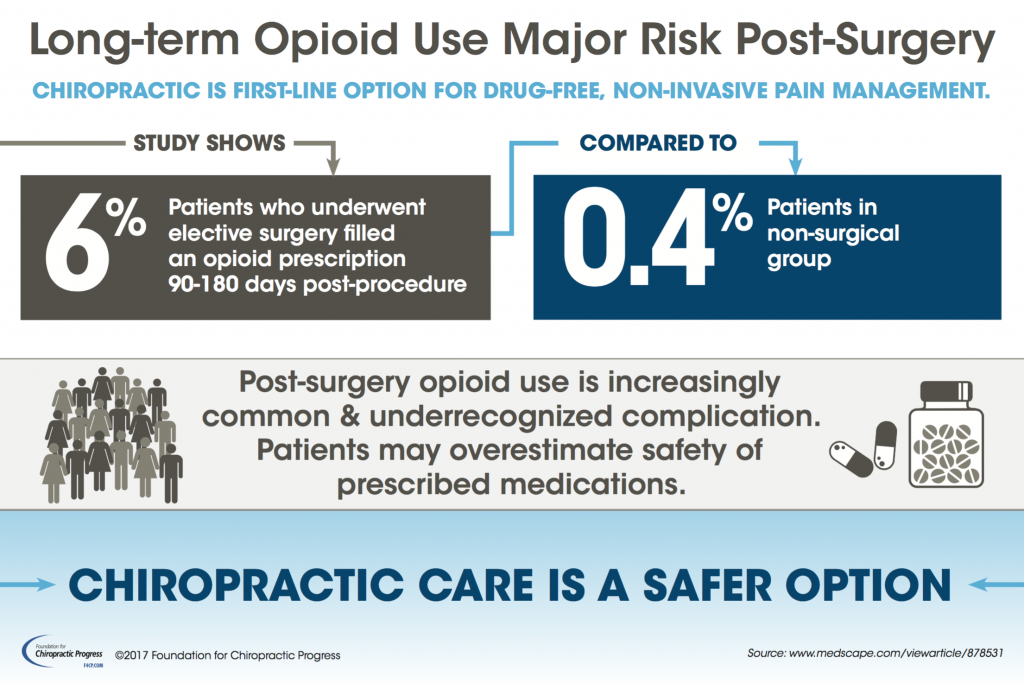Are Chiropractic Care Adjustments Compulsive? Separating Fact From Misconception
Are Chiropractic Care Adjustments Compulsive? Separating Fact From Misconception
Blog Article
Short Article Produced By-Brennan Nygaard
You could have listened to that chiropractic care changes can result in a habit forming dependence, but that's a typical misconception. Several people find relief without developing any type of form of dependency. It is essential to recognize truth function of these changes and how they fit into your general health and wellness technique. So, exactly what does the scientific research say concerning chiropractic treatment and your health? Let's discover the realities.
Comprehending Chiropractic Adjustments and Their Objective
When you think of chiropractic care adjustments, it's vital to comprehend their purpose and exactly how they work. These modifications intend to correct misalignments in your spinal column and joints, promoting far better alignment and activity. By applying regulated force to specific areas, chiropractic doctors aid alleviate pain, boost function, and improve your overall health.
Chiropractic treatment focuses on your body's ability to recover itself, emphasizing the link in between the spinal column and the nerve system. When your back is lined up, it can minimize nerve interference, enabling your body to function ideally.
Routine changes may likewise aid protect against future problems, maintaining you active and pain-free. Eventually, chiropractic care adjustments offer to support your health, boost mobility, and enhance your lifestyle.
Common Myths Regarding Dependency and Chiropractic Care Care
Many people hold mistaken beliefs regarding the relationship in between chiropractic treatment and dependency therapy. One typical misconception is that chiropractic modifications create an addiction-like reliance. In reality, several individuals discover remedy for pain and discomfort, yet this doesn't imply they develop a psychological or physical dependency.
One more misconception is that chiropractic doctors are just attempting to keep you coming back for even more adjustments. A lot of chiropractic doctors prioritize your well-being and go for long-lasting health and wellness as opposed to regular sees.
In read article , some believe chiropractic care can replace conventional addiction treatments, however it needs to complement, not replace, evidence-based therapies. Recognizing these myths can help you make informed choices regarding your wellness and health without falling victim to false information.
The Scientific Research Behind Chiropractic Care Adjustments and Person Experience
While some might examine the efficacy of chiropractic changes, an expanding body of study sustains their duty in reducing discomfort and enhancing overall function.
Studies indicate that spine manipulation can lower discomfort from conditions like reduced back pain, stress migraines, and neck discomfort. When you undergo chiropractic care, the changes aim to bring back appropriate placement, enhancing your body's natural healing abilities.
Numerous individuals report increased wheelchair and a greater sense of health after therapy. Additionally, the therapeutic connection you construct with your chiropractic physician can enhance your experience, as they offer tailored care customized to your demands.
https://www.foxnews.com/health/family-man-broke-neck-chiropractor-urge-unlawful-killing-verdict of scientific support and positive patient experiences aids clarify why chiropractic modifications work for numerous people seeking alleviation.
Final thought
To conclude, chiropractic care adjustments aren't habit forming; they're developed to improve your health and advertise proactive health care. By debunking the myths surrounding dependence, it's clear that these therapies can give significant relief without producing a cycle of addiction. Accepting chiropractic care as a corresponding strategy to traditional treatments can lead to far better wellness results. So, if you're thinking about changes, rest assured that they have to do with enhancing your quality of life, not developing a dependence.
